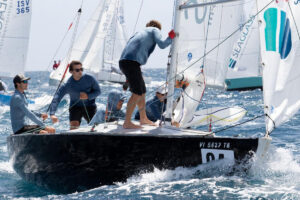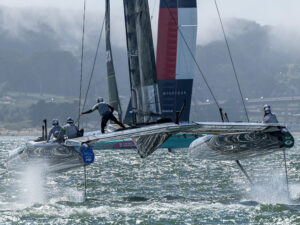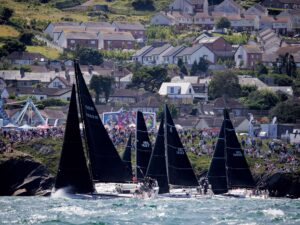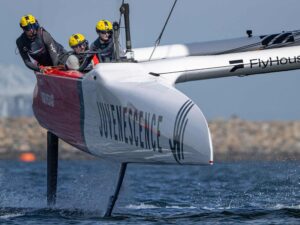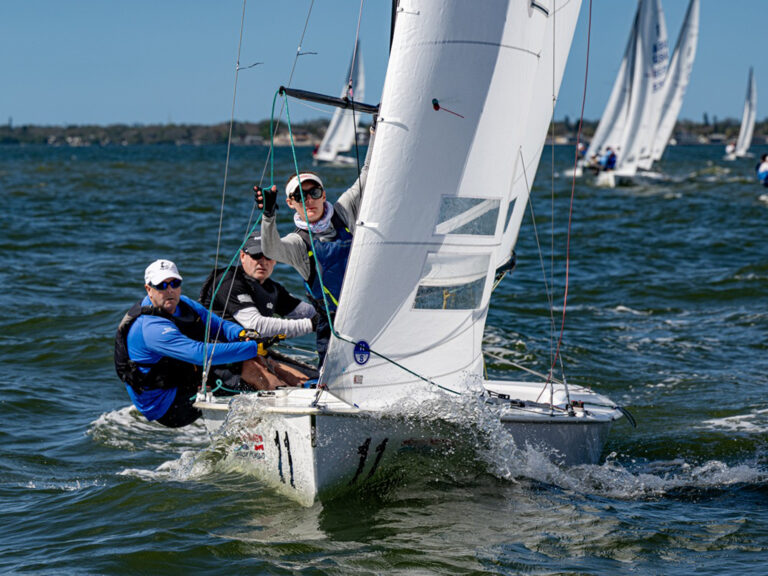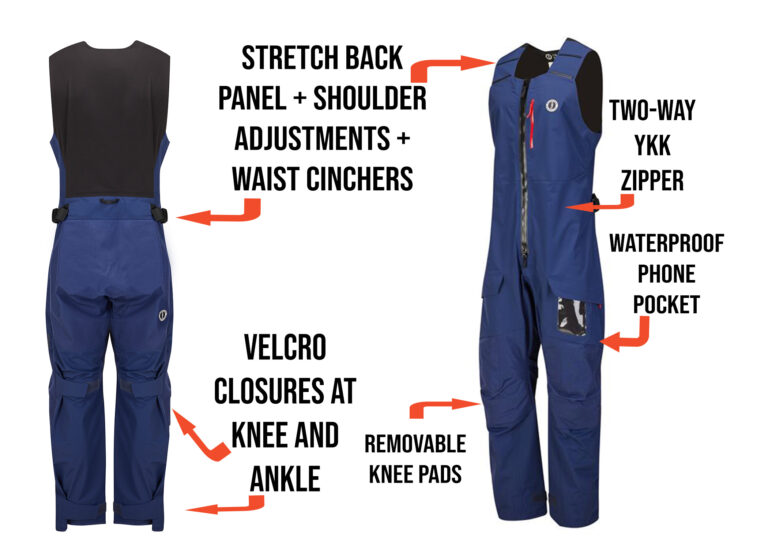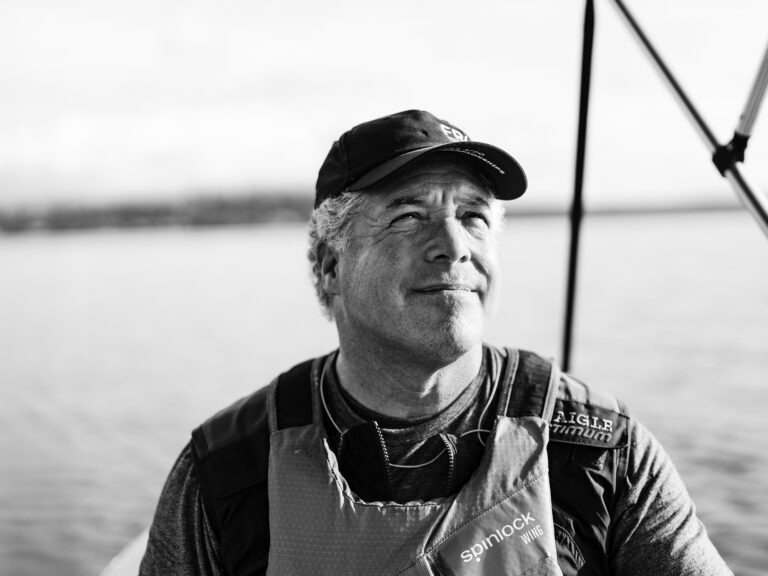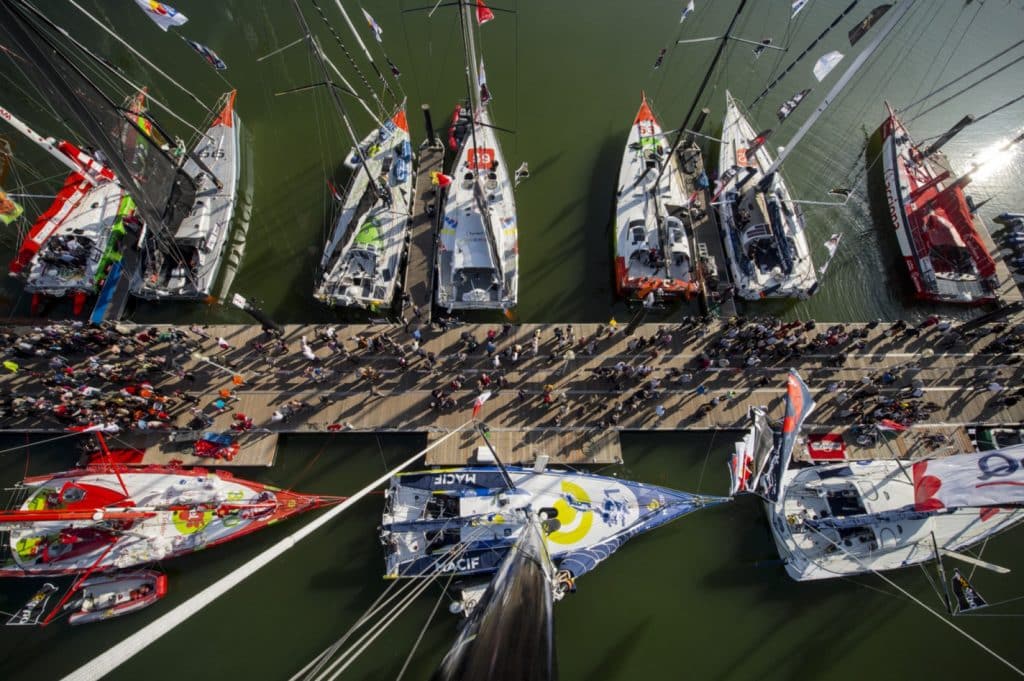
Since the IMOCA monohulls arrived in Port Olona last Friday (14th October) with three weeks to go to the start of the race, referees from the FFVoile (the French Sailing Federation) have been present to take care of certain aspects of the race. On the one hand, there is the International Jury made up of five experts from around the world (a Spaniard, two Frenchmen, one from New Zealand and one from Britain): its role is to judge any faults and apply time penalties, which will have to be added before they finish in Les Sables d’Olonne.
Then, there is the Race Committee with three members, led by Christophe Gaumont, which essentially takes care of the start and finish periods. The expert measurers for the IMOCA monohulls and safety check team are in place to certify that each boat is fully equipped and that the skippers have fulfilled all the vital administrative obligations in this international race.
A team of eight
Seven men and one woman have been taking it in turns on the boats since last weekend carrying out checks on the gear. “We have a 5-page checklist to run through, concerning safety and the means of communication. We are also fitting lead seals on some of the elements on the boat, so that the equipment is not moved around the boat during the race (liferaft, anchor, batteries, etc.),” explained Nathalie Monier, equipment checker. A thorough check on a boat about to compete in the Vendée Globe takes around three hours!
They also have to check that the position and emergency beacon numbers correspond to the boat, along with the VHF codes and other details, to ensure that the MRCCs can immediately identify the skipper, who has triggered his distress beacon. In fact, each boat was measured before sailing to Les Sables d’Olonne, as these checks essentially concern the specifications of the boat (length, beam, draft, mast height…), in addition to stability tests to make sure that the IMOCA monohull can right herself, if she gets rolled by a wave.
“The boats have already been measured and now we are focusing on checking the safety gear. The details on our checklist are a mixture of what is required by IMOCA class rules, the specific rules relating to the Vendée Globe and the Rules under international law. In comparison to other ocean races like the Route du Rhum, the Transat and the Transat Jacques Vabre, we have more points to go through, because there is more gear on board. We check the fresh water supply, the amount of diesel in the tanks”, added the checker.
Greater security measures
Among the other major elements that are dealt with, there is everything to do with the means of boat-to-shore communications (VHF radio, Iridium, AIS, satellite phone…), the means of identifying the boat (fluorescent paint on the hull and appendages, sail markings), the seals on the life raft, the survival kit, emergency fresh water, anchors… as well as other safety features on the boat (stanchions, life lines, guard rails, watertight compartments…). They also check that everything complies to international security standards (navigation lights, extinguishers, medical supplies, nautical charts, torches, spotlight…), that the engine, generator and desalination units work.
It takes eight people to carry out all these checks on the 29 boats competing in the Vendée Globe, with one official measurer for the race (Jean-Luc Gautier), who is in charge of the team of checkers. He gathers all the relevant data. Each of the three teams of two carries out a thorough check on the IMOCA, working every morning and afternoon, which allows them to check six boats per day. Once all the measurements and checks have been approved, they will then carry out other inspections and procedures, such as stamping the race sails, checking the size of the diesel and fresh water tank, carrying out one final check on the number on the distress and position beacons… All this hard work is necessary to ensure that if there are any technical problems, the solo sailor can intervene and if that is not the case, can call upon international emergency marine rescue teams to become involved as quickly as possible.

